What Is Family Therapy?
Family therapy, also known as family counseling, is a psychotherapy that evaluates and treats mental and emotional disorders within the context of marriage, couples and family systems. It recognizes that a family's behavior patterns impact the individual and may thus be included in the treatment plan.
This therapeutic approach involves working with all family members, including children. The therapist aims to identify and address issues causing conflicts or distress. In this blog, we will explore the concept of family therapy and how it works.
How Does Family Therapy Work?
Family therapy is based on the premise that a family functions as a system. Additionally, it considers that any changes in one member can affect the entire family. Therefore, when someone has mental health or behavioral problems, it can affect their family members too. Functional family therapy identifies and addresses these underlying issues within the family system.
The process typically involves multiple sessions, 12 sessions on average, with a trained family therapist. The therapist works with the family to understand their dynamics and communication patterns. Family counseling aims to develop strategies to help improve the family’s relationships and functioning.
Family Therapy Strategies and Exercises
The specific treatment plan will vary depending on the unique needs of each family. However, some common types of family counseling approaches include:
Communication exercises: Therapists often use guided discussions and role-playing to help family members express themselves more effectively and listen attentively.
Problem-solving strategies: Family counseling sessions equip families with tools for identifying problems, brainstorming solutions, and making decisions collaboratively.
Conflict resolution skills: Therapists guide on constructively resolving conflict.
Psychoeducation: Providing information about specific mental health challenges or family dynamics can empower families to understand better and manage their situations.
When Is Family Therapy Needed?
Family counseling can be beneficial in a variety of situations, including:
1.Marital Strife
Couples who are experiencing difficulties in their relationship can benefit from family therapy. It provides a safe space for both partners to express their feelings and work on improving communication and understanding.
2.Conflict Resolution Challenges
Families struggling with frequent arguments, misunderstandings, or tension can benefit from family counseling. It helps identify underlying issues and provides tools for resolving conflicts more healthily.
3.Parent-Child Conflicts
Family therapy can help parents and children develop healthier relationships by addressing communication problems, behavioral challenges, or parent-child power struggles. It can also benefit blended families as they navigate the complexities of step-parenting.
4.Adolescent Behavioral Issues
When adolescents are struggling with emotional or behavioral problems, family counseling can be a useful intervention. It involves the entire family understanding and addressing these challenges, promoting healthier coping mechanisms and relationships.
5.Major Life Transitions
Family counseling can also be helpful during significant life events. These include divorce, the death of a family member, or relocation. These changes can often cause stress and disrupt family dynamics. Therapy can help the family navigate these transitions more effectively.
6.Mental Health Issues
Family therapy is also commonly used to treat mental health conditions such as depression, anxiety, or addiction. Family counseling involves the family in the treatment process. This helps therapists address any underlying family dynamics contributing to these challenges.
7.Premarital Counseling
Lastly, family therapy can also be beneficial for couples who are about to get married. It provides a safe space to discuss expectations, communication styles, and potential conflict areas before walking down the aisle.
Finding a Family Therapist
Choosing the right family therapist is a critical step toward healing and growth. Here are some key factors to consider:
Qualifications: Choose a mental health professional licensed in your state and specializing in marriage and family therapy.
Experience: Look for a therapist with experience working with families facing similar challenges.
Approach: Consider the therapist's approach and ensure it aligns with your family's needs and values.
Compatibility: It is essential to feel comfortable and safe with your therapist. Take the time to find someone you connect with.
Driving Positive Change With Family Therapy
Family therapy is a valuable tool for promoting healthy relationships and addressing various challenges within the family unit. By recognizing the interconnectedness of individual members, families can work together to overcome obstacles and improve their overall functioning. Contact a qualified family therapist today if you feel your family could benefit.
At River Oaks Family Therapy, we are dedicated to providing comprehensive and compassionate family therapy services to families in the Houston area. I, Dr. Joan Collins Harwood, am a Texas-licensed marriage and family therapist and licensed professional counselor. I have extensive experience working with families facing a wide range of issues. I believe that every family has the potential to thrive, and I am here to help you achieve that goal.
To explore family counseling and its potential benefits for your family, schedule a consultation with River Oaks Family Therapy today. We look forward to hearing from you and helping your family on its journey to a brighter future.



